The results revealed a workforce that’s burned out, overworked, and in need of greater work/life balance. While these facts are especially alarming in the face of an already existing provider shortage, the insights we received can also help employers better understand their employees and take steps to improve their experience.
Career satisfaction has declined
Providers’ career satisfaction has declined over the past year, the survey showed, with 43% reporting that the pandemic has had a negative impact on how they feel about their jobs.
It’s also increased burnout, which already affected a substantial number of providers (80%) pre-pandemic. Nearly two-thirds (64%) of respondents reported that the pandemic has made their burnout worse, and that number was even higher for those working in frontline roles like emergency medicine.
Employer response to the pandemic was positive
Despite these grim numbers, the majority of providers (69%) felt their employers did a good job responding to the pandemic. Three-quarters (75%) felt they had sufficient PPE and 70% felt safety protocols were being followed.
That said, providers did find areas where they felt their employers were lacking, with many reporting insufficient staffing levels, inadequate compensation, and inefficient work processes. Nearly a quarter (22%) felt their concerns weren’t listened to, and 26% said they didn’t agree with the decisions their employers made.
Providers want balance and stability
We also asked providers what was most important to them in their careers. After a year of nonstop work for many and furloughs for others, it’s unsurprising that 83% reported work/life balance as the most important factor, followed by job stability (78%).
Workplace culture was also mentioned as an important factor, with 76% rating it as important, slightly ahead of compensation (75%). These numbers are telling, and employers should keep in mind that creating a positive work environment is equally important as a fair paycheck.
Many are looking for new opportunities
Despite the past year’s challenges, 95% of respondents said they plan to continue working in healthcare, and most (87%) plan to stay in their current role for the time being.
Yet when asked if they plan to continue in their current position past 2021, that number dropped to 76% -- meaning nearly a quarter of physicians may be looking to change employers soon.
How employers can benefit
With large numbers of providers considering changing employers, organizations that are savvy enough to listen to providers’ needs can benefit. The insights provided by this survey are a good starting point to figure out how to attract – and keep – talented providers.
While compensation is clearly important, we’ve seen that many providers rank other considerations higher when making career decisions. Finding ways to promote true work/life balance among staff can lead to greater career satisfaction, less burnout, and happier employees.
Strengthening your workplace culture is also worthwhile, as we’ve seen providers find this just as important as compensation. At CompHealth, our strong workplace culture is always top of mind, and it’s helped us retain highly-engaged and talented employees. We make time to celebrate our successes, but we also take feedback seriously in an effort to continuously improve our workplace culture.
Challenges and opportunities
The pandemic has negatively impacted many aspects of healthcare, and it’s also highlighted struggles providers have dealt with for years. Yet bringing attention to these deficiencies also gives us an opportunity to ameliorate them. It’s now more important than ever to consider how we can improve our healthcare providers’ experiences at work so they can keep doing what they do best—caring for patients.
15% Off Medical Practice Supplies
VIEW ALL
 Manual Prescription Pad (Large - Yellow)
Manual Prescription Pad (Large - Yellow) Manual Prescription Pad (Large - Pink)
Manual Prescription Pad (Large - Pink) Manual Prescription Pads (Bright Orange)
Manual Prescription Pads (Bright Orange) Manual Prescription Pads (Light Pink)
Manual Prescription Pads (Light Pink) Manual Prescription Pads (Light Yellow)
Manual Prescription Pads (Light Yellow) Manual Prescription Pad (Large - Blue)
Manual Prescription Pad (Large - Blue)__________________________________________________
Appointment Reminder Cards
$44.05
15% Off
$56.30
15% Off
$44.05
15% Off
$44.05
15% Off
$56.30
15% Off
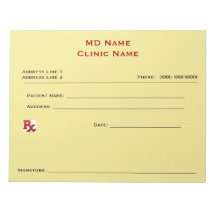
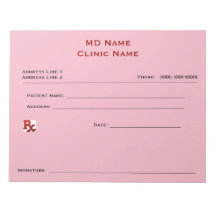
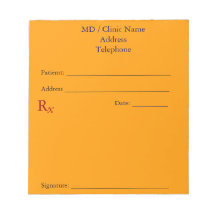
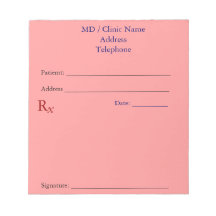
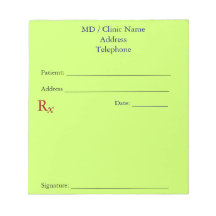
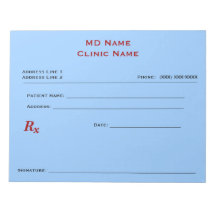
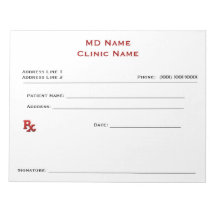
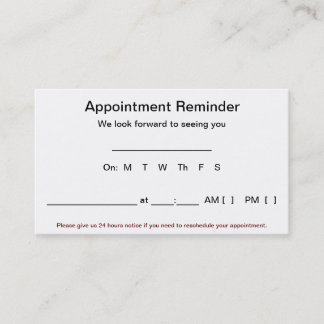
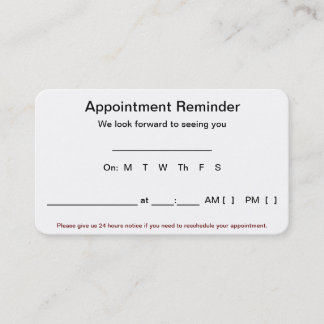
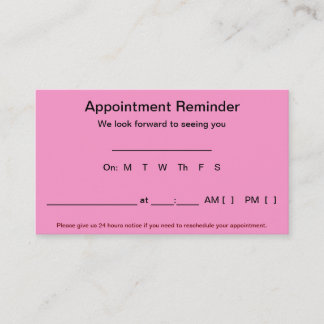
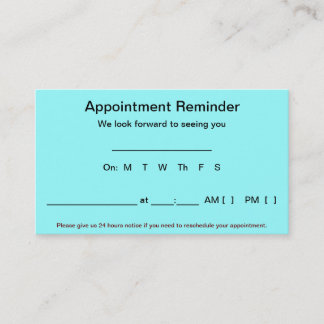
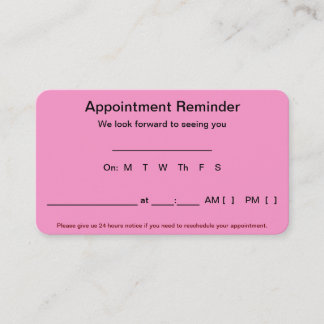
No comments:
Post a Comment